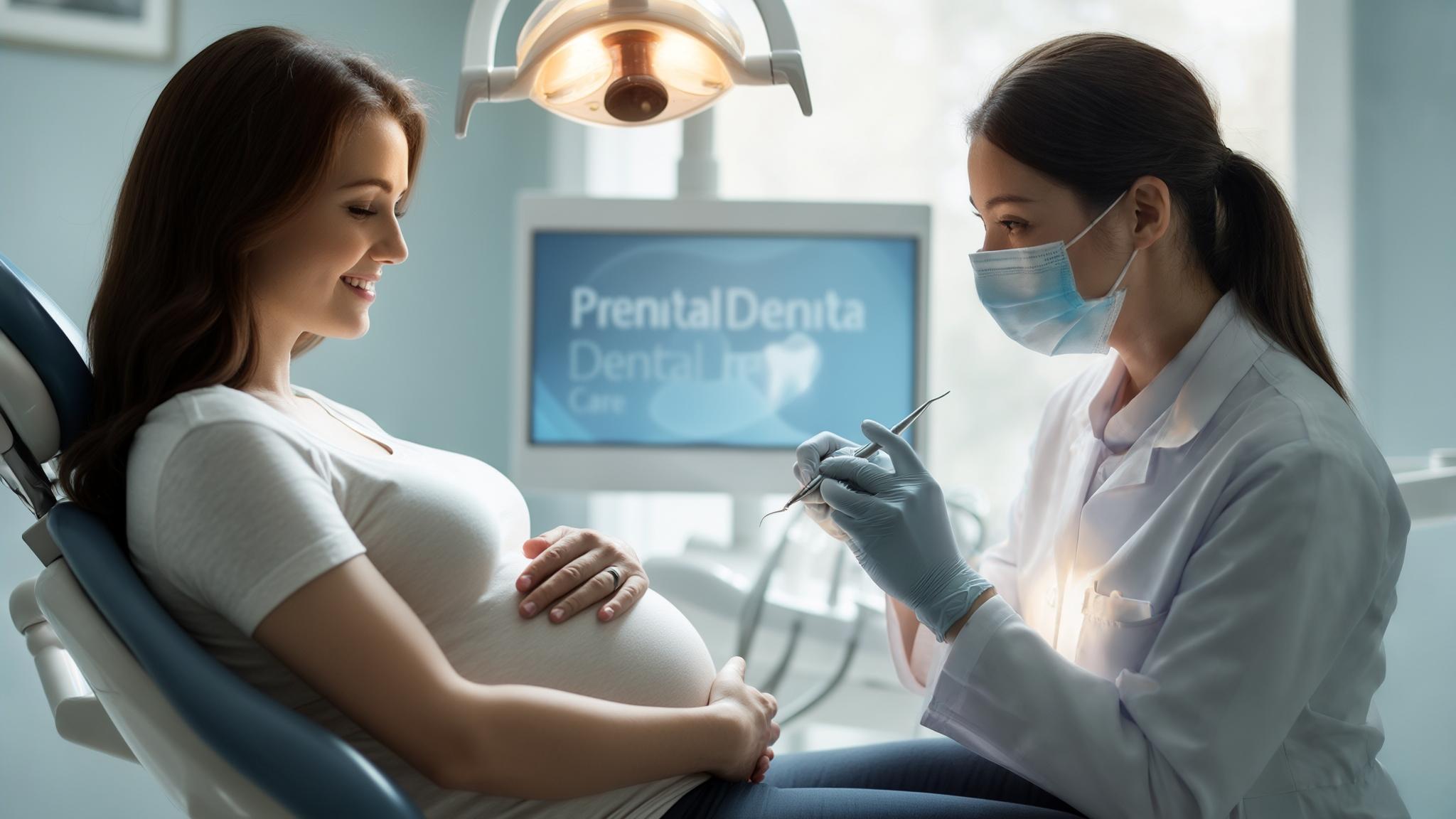Understanding Dental Emergencies
Dental emergencies can be unexpected and distressing, especially during pregnancy. They include any dental issue requiring immediate attention to alleviate severe pain, stop bleeding, or prevent infection. Maintaining dental health during pregnancy is crucial, as it not only affects the mother's well-being but also the baby's development. This article aims to educate pregnant individuals about dental emergencies, when to seek help, and how they are managed safely.
Common Types of Dental Emergencies
Toothaches
Toothaches are often the first sign of a dental problem. They can result from cavities, infections, or trauma. During pregnancy, it's essential to address toothaches promptly to prevent complications.
Broken or Knocked-Out Teeth
Accidents happen, and a broken or knocked-out tooth can be alarming. Immediate dental care can often save the tooth or prevent further damage.
Abscesses or Infections
Dental abscesses are pockets of pus caused by bacterial infections. They can lead to severe pain and swelling, making immediate treatment vital.
Gum Issues
Swollen, bleeding gums are common during pregnancy due to hormonal changes. However, persistent issues may indicate a more serious problem requiring urgent care.
Symptoms Indicating a Dental Emergency
- Severe Pain: Persistent, intense pain can signal an underlying issue.
- Swelling: Swelling in the mouth or face can indicate an infection.
- Bleeding: Uncontrolled bleeding from the mouth is a sign to seek help.
- Fever: A fever alongside dental pain suggests infection.
Pregnancy and Dental Health
Hormonal Changes and Their Effects
Pregnancy hormones can increase the risk of gum disease and alter saliva production, making regular dental check-ups even more important.
Importance of Regular Check-Ups
Routine dental visits help prevent and identify issues early, ensuring both mother and baby remain healthy.
Safe Dental Practices During Pregnancy
Dentists can safely perform many procedures during pregnancy, but it's crucial to inform them of your condition.
When to Seek Help
Identifying a Dental Emergency
Look for signs like severe pain, swelling, or fever, and consult a dentist promptly.
Recommended Timeline
Seek immediate care for emergencies and routine care for non-urgent issues. Always consult healthcare providers when unsure.
Handling Dental Emergencies Safely During Pregnancy
Pre-Visit Considerations
Inform your dentist about your pregnancy and discuss any medications or allergies.
Safe Treatments
Pain management and certain procedures are safe during pregnancy. Your dentist will recommend the best options.
Treatments to Avoid
Some treatments, like certain types of X-rays, should be avoided unless absolutely necessary.
Aftercare and Recovery
Post-Treatment Care
Follow your dentist's instructions for recovery, including any dietary restrictions or oral hygiene tips.
Monitoring for Complications
Watch for signs of complications, such as increased pain or swelling, and report them to your dentist.
Follow-Up Appointments
Regular follow-ups ensure your dental health remains on track throughout your pregnancy.
Conclusion
Prioritizing dental health during pregnancy is essential. By understanding when to seek help and how to handle emergencies, expectant mothers can protect their health and their baby's. Remember, timely care can prevent complications and ensure a healthier pregnancy.
References
Call to Action
Share this information with other expectant mothers and remember to schedule regular dental check-ups during your pregnancy to maintain optimal health.

